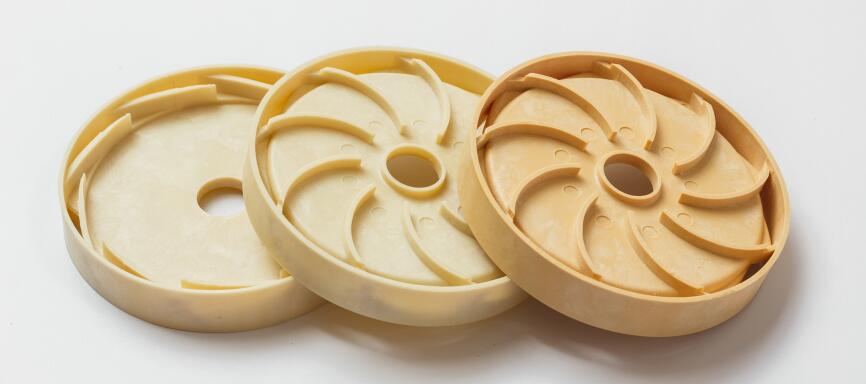Introduction to hardness of modified plastics:
Hardness refers to the resistance of materials against other hard objects pressing into their surfaces.
Hardness value is a conditional quantitative reflection of the level of hardness and softness of the data. It is not a simple and definite physical quantity. The hardness value depends not only on the data itself, but also on the test conditions and methods, that is, different methods of hardness measurement, the hardness value of the same material is not the same. Therefore, in order to compare the hardness between the data, it is necessary to measure the hardness value by the same measurement method to be comparable.
What are the properties of modified plastics?
Commonly used to indicate the hardness of the following methods:
A, shore hardness
B, Rockwell hardness
C and Mohs hardness
Adding hardness of modified plastics
The hardness of modified plastics refers to a modified method of participating in rigid additives in plastics. The commonly used hardness additives are rigid inorganic fillers and fibers.
(1) adding rigid inorganic filler.
Surface treatment of modified plastics hardness
The method of improving the exterior hardness of plastics is to improve the surface hardness of plastics products only, while the internal hardness of the products remains unchanged. This is a low cost hardness improvement method.
This modification method is mainly used for shell, decorative materials, optical data and daily necessities. This modification mainly includes three ways: coating, coating and surface treatment.

Blending and composite modification of plastics hardness
(1) hardness of blend modified plastics
The way to improve plastics blending is to mix high hardness resin with low hardness resin to improve its overall hardness. The common blend resins are PS, PMMA, ABS and MF, and the resins which need modification are mainly PE, PA, PTFE and PP.
(2) hardness of composite modified plastics
The way to improve the hardness of plastics is to form a layer of high hardness resin on the surface of low hardness plastic products. This method is mainly suitable for extruded products such as plates, sheets, membranes and pipes. The commonly used composite resins are PS, PMMA, ABS and MF.

Copyright© 2018 FuJian HuaSu Innovative Plastics Materials Co., Ltd.
en.fjhuasu.com 闽ICP备17034359号-1 Technical Support :XMA.CN